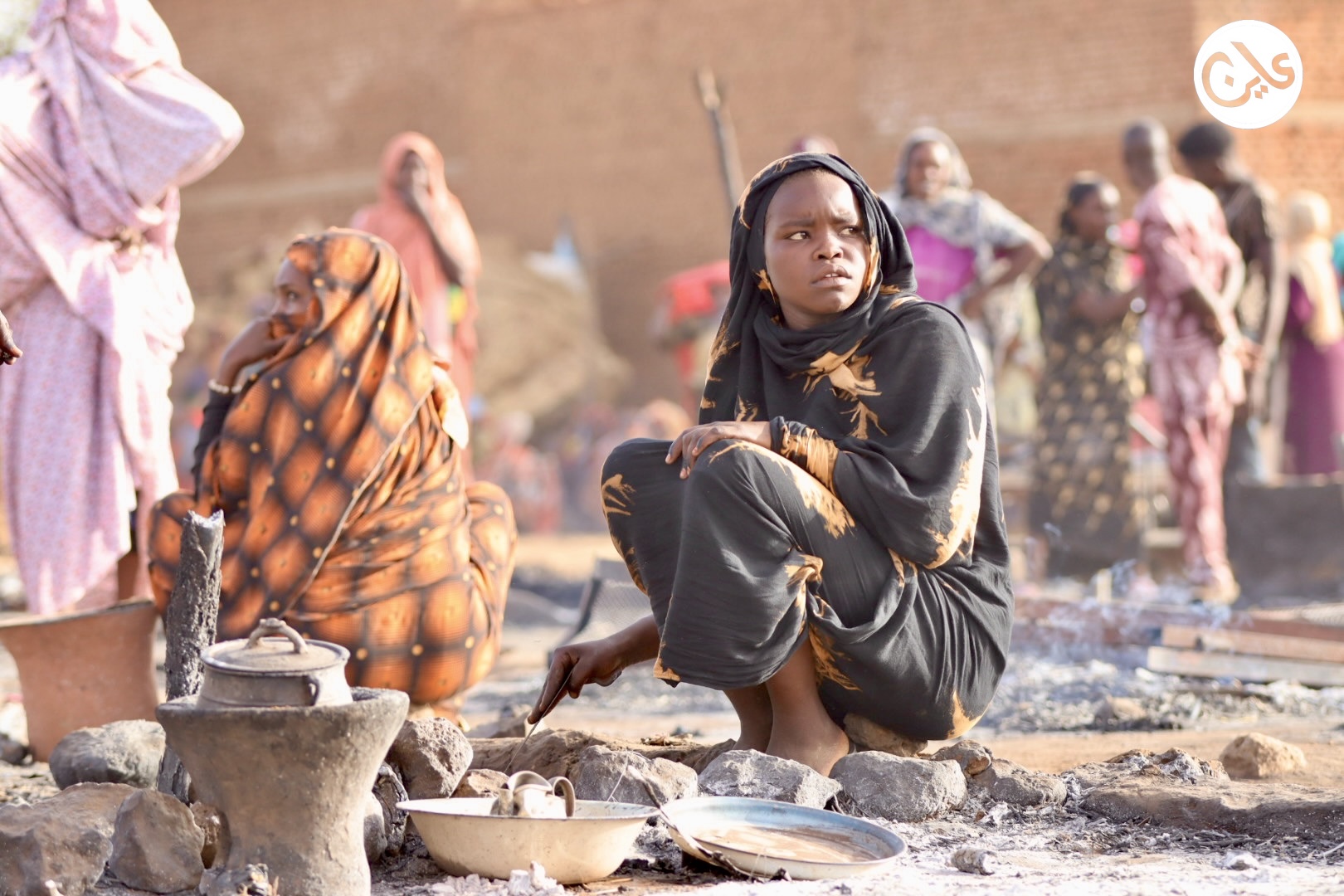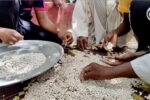No safe haven: Sudan’s war has endangered humanitarians and volunteers alike
14 July 2025
Three years into Sudan’s brutal civil war, the very individuals risking their lives to save others—aid workers, grassroots volunteers, and emergency response coordinators—have become deliberate targets. Whether aligned with international agencies or part of local civil society networks, these actors have found themselves navigating a minefield of violence, bureaucracy, suspicion, and impunity.
From the early days of the conflict, the promise of humanitarian neutrality has been systematically dismantled. Both the Sudanese Armed Forces (SAF) and the paramilitary Rapid Support Forces (RSF) have routinely obstructed relief operations, restricted access to vulnerable areas, and harassed or detained aid providers under vague accusations of political affiliations or “unauthorised work”.
“Operational work by humanitarian workers—be it local or international—has been based on the whim of either army,” said political analyst Dalia Abdelmoneim. Her assessment reflects the grim consensus among humanitarian actors in the country: aid deliver is neither neutral nor secure. Relief convoys have been raided, emergency kitchens staff killed—while the international community continues to offer condemnation without consequence.
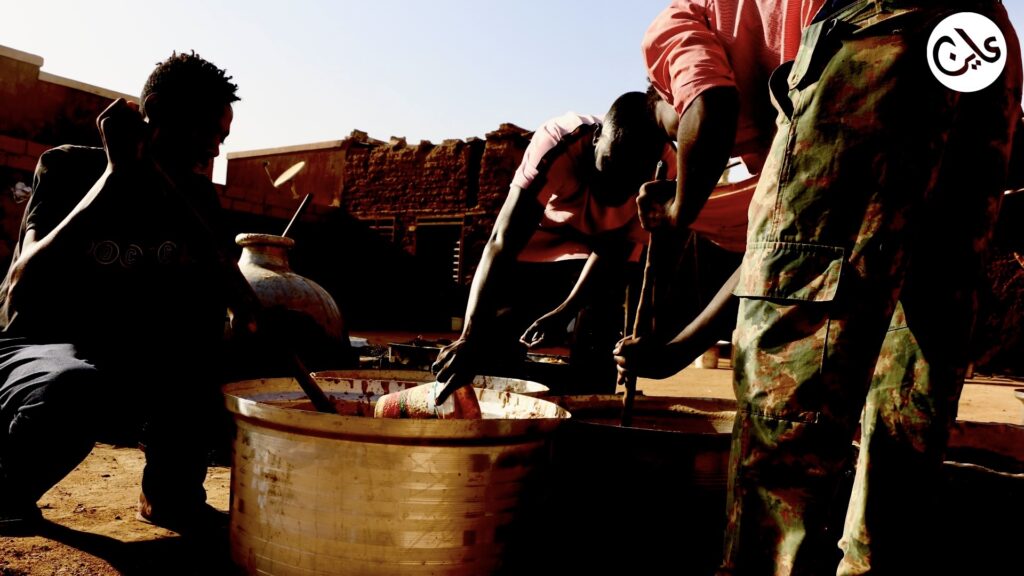
Relief under siege
Aid delivery in Sudan is no longer governed by humanitarian principles but by militarised discretion. Bureaucratic entanglements and security interference have stifled operations across nearly all conflict zones.
“Without passing through security channels, it is nearly impossible to carry out any humanitarian task—even something as basic as providing drinking water or distributing dignity kits requires a permit,” said Ahmed Awad, a volunteer with the Emergency Response Room (ERR) in Gedaref State, local volunteer initiatives set up to support the conflict affected.
These conditions are not isolated. In Khartoum, a once-thriving hub of mutual aid and emergency support, state institutions now demand intrusive oversight of relief work. According to multiple ERR volunteers, even when permissions is granted, volunteers are often forced to work under the direct surveillance of security personnel.
Before, we worked in public spaces. Now we work in whispers. But the needs haven’t vanished—if anything, they’ve grown.
–ERR volunteer, Khartoum
“In many observed contexts, the SAF-controlled government often oppose the ERRs, particularly when these groups operate independently or are perceived to be aligned with foreign donors or civil society networks,” says Asma*, a volunteer with an ERR in central Khartoum. The result has been not just obstruction but outright repression. In May, several ERR-run community kitchens in Khartoum were raided. Equipment was confiscated, volunteers detained, and two ERR volunteers were charged with operating without state authorisation. “Before, we worked in public spaces. Now we work in whispers,” one ERR volunteer recounted. “But the needs haven’t vanished—if anything, they’ve grown.”
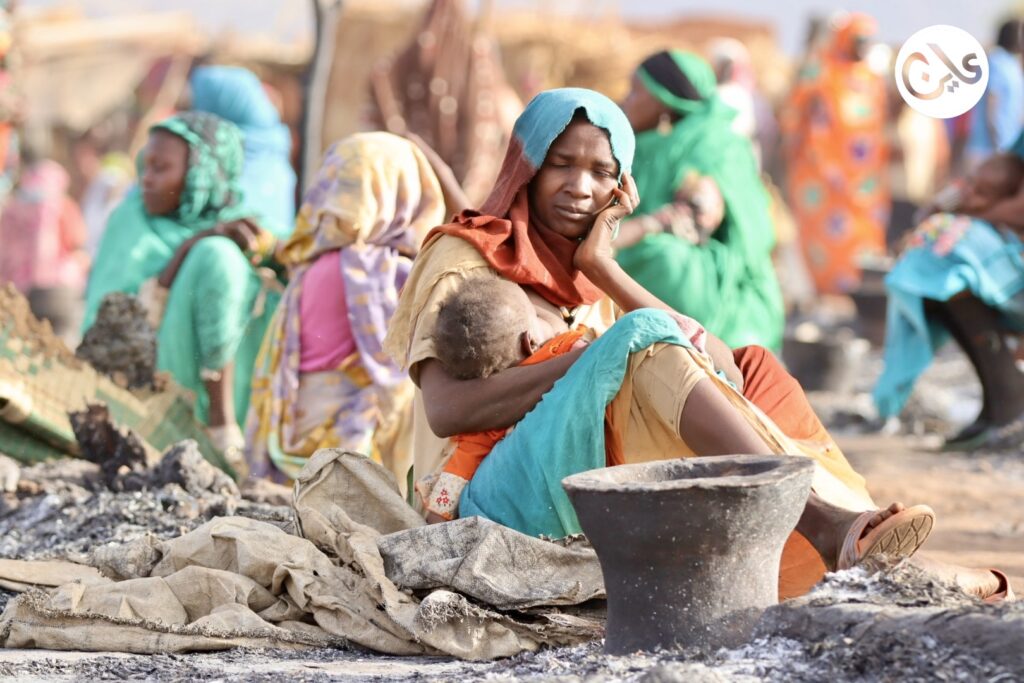
Grassroots under fire
Sudan’s grassroots networks—ERRs, resistance committees, and youth-led kitchen collectives—have been instrumental in sustaining communities amid collapse. But their visibility has become a liability.
“There is no security and protection for volunteers or humanitarian workers unless they align with the agendas of security agencies,” said ERR member Ahmed Awad.
According to Awad, the Sudanese de facto authority in Gedaref has embedded security agents across government bodies, ensuring that all relief operations remain under tight surveillance. The consequences, he says, is that many genuine humanitarian efforts are now either co-opted or crushed.
In Khartoum, volunteers told Ayin that community kitchens are being treated as political threats. “They’re not offering help—they’re eliminating those who are,” said Ahmed*, a volunteer in the capital. “It’s the same playbook from the Bashir era, only more ruthless.”
This sentiment echoes widespread fears that Sudan’s post-revolutionary civic momentum is being systematically dismantled. Recognition of local initiatives—once seen as a path toward protection—now offers little insulation. “Before, I would have said recognition of the ERRs and volunteers would go a long way,” said Dalia Abdelmoneim. “But that no longer applies. Everyone is either a target or collateral damage.”
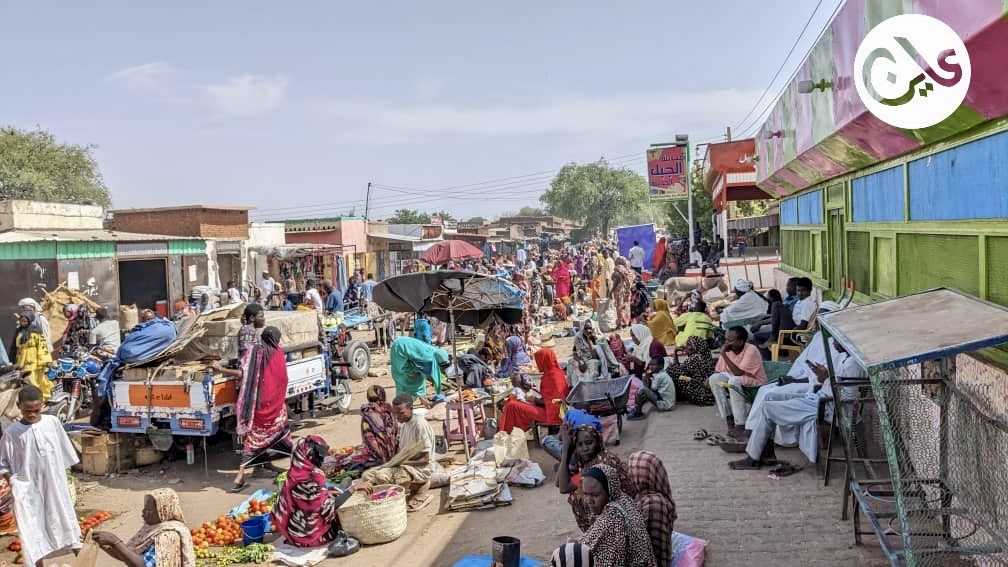
Regional contrasts, shared risks
Even in cities less torn by frontline combat, such as Nyala in South Darfur State, controlled by the RSF, safety is conditional and fleeting. “Movement in Nyala, in general, does not come without harassment,” said civil society activist, Sara*. She explained that ERR volunteers in the city face fewer restrictions only because they operate under a local de-facto authority.
While this arrangement providers a thin layer of bureaucratic cover, it is far from a guarantee of safety. Any shift in local alliances or power dynamics could strip ERR volunteers of their protected status overnight. Across Sudan, the lack of a national framework for humanitarian access—let alone enforcement of international law—means aid delivery depends more on local political arrangements than legal rights.
Mahmoud*, a local aid worker, told Ayin that the civilian RSF administration has made efforts to allow humanitarian access but these efforts do not always translate on the ground. “You can get access to provide humanitarian aid fairly easily in Nyala,” Mahmoud said. “But even if you are granted access at the top, the local RSF soldier patrolling on the ground may not be informed, so there is no guarantee.”
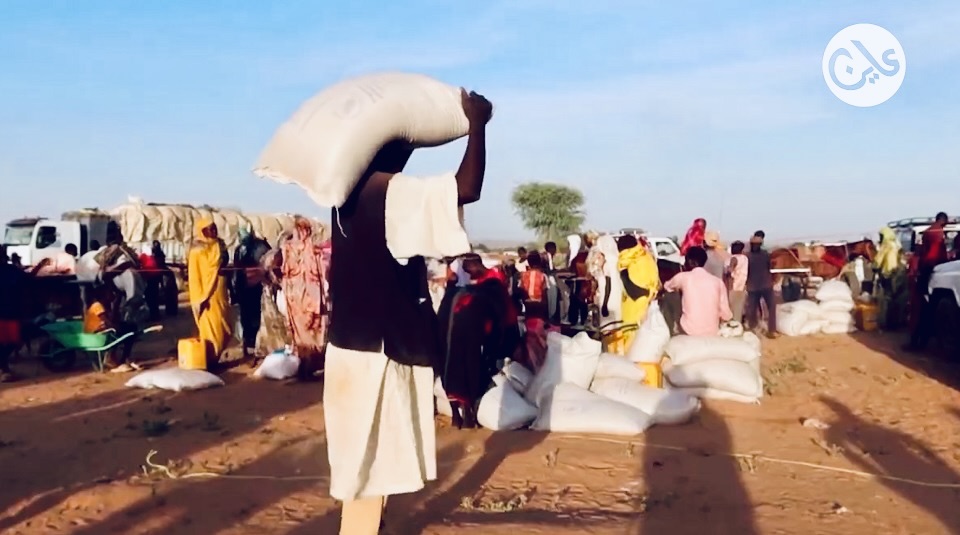
Criminalisation of care
The targeting of humanitarian workers has grown increasingly systematic. In El Fasher, Darfur, multiple attacks in 2025 alone by the RSF have decimated relief capacity. The most deadly incident involved the killing of nine staff from Relief International. Armed actors not only killed personnel but also looted supplies, torched medical facilities, and raided food convoys.
“International humanitarian law is not being respected in Sudan. It is being violated routinely,” said Mathilde Vu, a spokesperson for the Norwegian Refugee Council (NRC). “In Sudan, neutral humanitarian aid is being punished by warring parties,” she warned, adding that the most dangerous consequence has been the deliberate targeting of Sudanese frontline responders.
Vu’s statement highlights a grim disparity in both risk and recognition. While international organisations repeatedly issue public condemnations following attacks on their personnel, many local volunteers with the ERRs operate in silence and face constant threats without the shield of diplomatic attention.
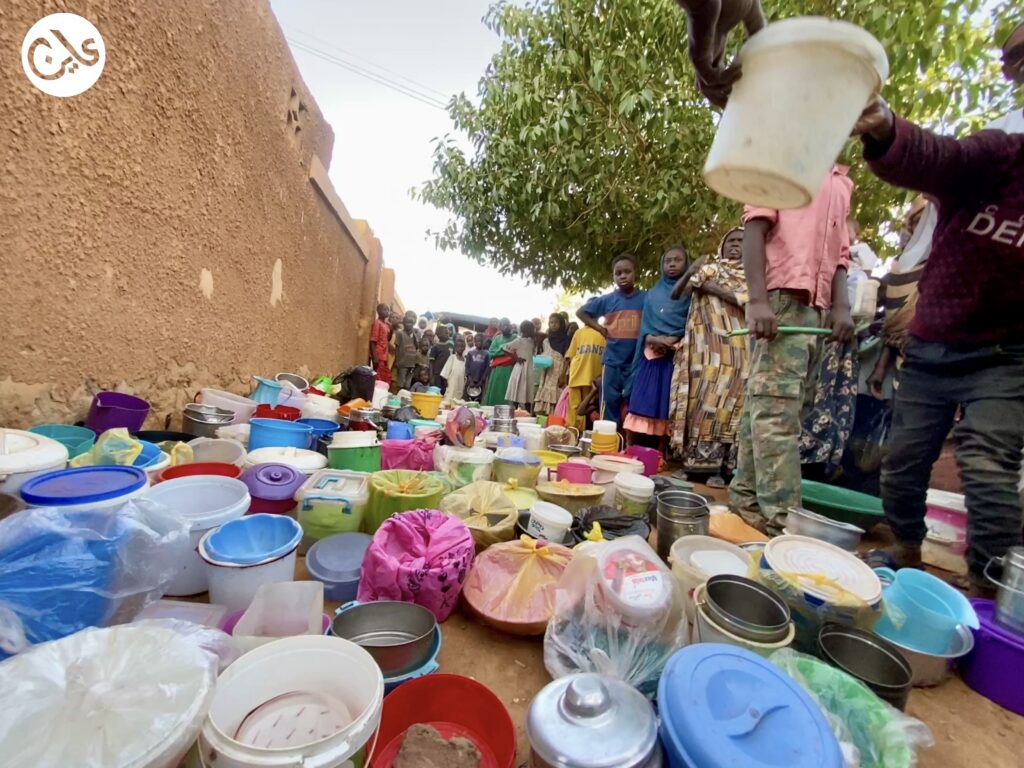
A crisis without accountability
What makes Sudan’s humanitarian crisis particularly harrowing is the absence of accountability. Despite multiple UN Security Council briefings, reports by rights organisations, and testimonies from humanitarian agencies, there has been no meaningful consequence for the warring factions who routinely violate humanitarian norms.
“The international community is content in releasing statements expressing horror and dismay and not doing much—not holding anyone accountable,” said Abdelmoniem.
Even as Sudan faces the world’s largest hunger crisis, and nearly 25 million people require urgent humanitarian assistance, donors and diplomatic actors have deprioritised the safety of those tasked with delivering that aid.
We shouldn’t wait for a ceasefire to allow people to be fed, to make sure that NGO, UN and local response workers or medical staff to be protected.
—Mathilde Vu, Norwegian Refugee Council Advocacy Manager, Sudan
Vu underscored that humanitarian law is not contingent on peace. “They are the rules of war—not the rules of peace,” she said. “We shouldn’t wait for a ceasefire to allow people to be fed, to make sure that NGO, UN and local response workers or medical staff to be protected.”
Vu also believes the international community does not have enough political will to ensure that humanitarian principles are upheld, which has consequently resulted in the world’s largest humanitarian and hunger crisis.
But waiting is precisely what seems to be happening. Without enforcement of humanitarian norms, and without guarantees from Sudan’s warring parties, the country’s humanitarian space continues to shrink. “People are living in utter destitution, abject poverty, and suffering because the assistance is not reaching, because there’s no safety and no unfettered access [for aid],” says Vu.
And as that space vanishes, so do the lives and dignity of those still working—often invisibly and at great personal cost—to keep others alive.
*The full name is hidden for security reasons


